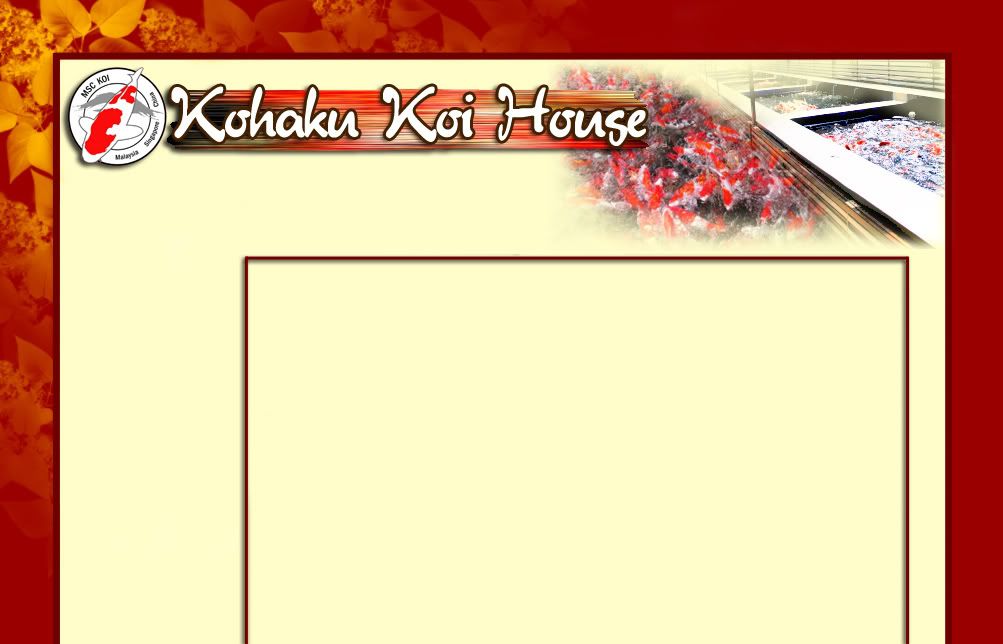Feeding your Koi
Monday, April 23, 2007
 When should we feed koi?
When should we feed koi?
Twice a day feeding would be sufficient. However, to enhance and attain a good body shape, it would be ideal to feed your koi 4 times a day (or even 5 times) at interval starting at around 0800 hours with the last feed at around 1800 hours.
How much should I feed the koi?
Amount should be about 3% of the total weight of koi in the pond. Feed from the same place and soon they will get use to it. Make sure all the food is consumed within 15 minutes. Do not feed more than they can consume and remove all unfinished food to prevent contamination of the pond.
What should I feed?
Good quality and highly digestible food is important.
Use Hikari koi food which can be purchased from our retail outlets. A high protein diet is essential for growing koi.
Even though Koi are cold-blooded animals and do not need a lot of carbohydrates to generate body heat on a continual basis, carbohydrates provide them energy.
Koi needs greater amount of vitamins than people do because their digestive system is not as highly developed. Hence, vitamins B, C and E are provided in most commercial koi food.
Ingredients of our Koi Food in brief
Wheatgerm is natural source of Vitamin E. Its high quality protein helps koi grow faster. Carotene in koi food improves the red or orange colour of koi while Spirulina brings out the natural vibrant colour.
Medicated koi food contains drug such as Malachite Green and is used for the treatment of parasitic diseases and prevents infection by free-swimming parasites.
A varied and balanced diet is important for your koi. One type of commercial food will not cover everything as the koi grows. The temperature, oxygen content and quality of your pond water must be ideal for the koi if you want them to grow healthily.
A balanced diet promotes balanced growth and gives the koi resistance against diseases. Other facors include a well-aerated and good quality water environment, free from parasites and infections.
We carry the well-known brand Hikari Koi Food. Koi foods imported from Taiwan and tested for one year in our farm are also sold in bulk at our retail outlet at very reasonable prices.
Ulcer in your Koi
Ulcers are open sores. They occur on the skin or the mucous membrane of the body and are characterized by tissue breakdown and often, the discharge of pus.
Poor water quality and aeration of the water usually stress up koi in a pond. From time to time, parasites might surface and itchiness may cause the fish to rub against the pond surfaces leading to breaks in the skin and ulcer formation. Viruses cause some ulcers, and bacteria are opportunistic secondary infections.
It is best to isolate koi with ulcers, examine the ulcers for parasitic or bacterial infections to treat it.
For enquiry on koi health related matters, please send your email to ongph10@hotmail.com . We will be glad to offer you our suggestions and advice.
PH Ong / KK House
6:42 AM |
Leave your Comments (0)
--------------------------------------------------------------------------------------------------



 When should we feed koi?
When should we feed koi?